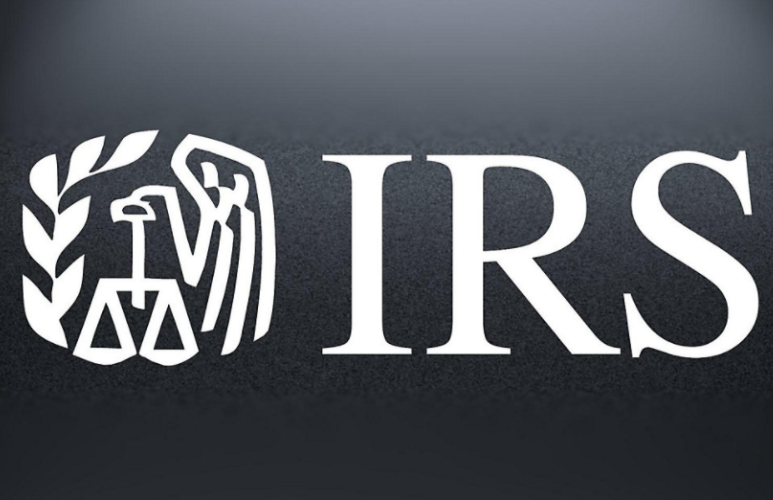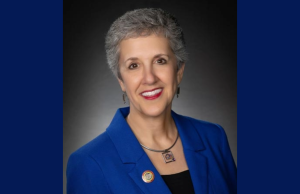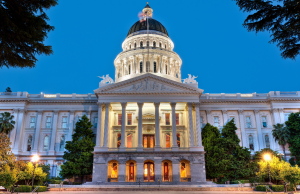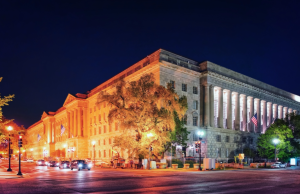More than half of the states with solicitation law reporting requirements have recently adjusted filing deadlines and fees, due in part to the early recognition by the Internal Revenue Service (IRS) that pandemic conditions required a relaxation of filing deadlines for the Form 990, according to The Nonprofit Alliance (TNPA).
The National Association of State Charity Officials (NASCO) provides a chart that inventories the state-by-state changes.
California AB 2208 passed the Assembly Judiciary Committee on May 12 and is now pending in the Senate Appropriations Committee. According to TNPA, the bill would establish new requirements for charitable fundraising platforms:
- A fundraising platform would be required to annually register with the attorney general’s registry of charitable trusts under oath before soliciting, permitting or otherwise enabling solicitations.
- Entities that meet the definition of both a fundraising platform and platform charity would be required to register as both.
- A fundraising platform would be required to file annual reports under oath and restrict a platform or platform charity from soliciting, receiving, controlling or distributing funds to entities not in good standing.
- A platform or platform charity would be required to obtain the written consent of a recipient charitable organization before using its name in a solicitation and promptly provide a tax donation receipt.
- Platforms and platform charities would be prohibited from diverting or otherwise misusing donations and require funds to be held in a separate bank account.
California AB 2936 also passed through Assembly Judiciary and awaits action from Assembly Appropriations. The legislation creates a distinct reporting category within the solicitation law for donor-advised fund (DAF) sponsoring organizations. The nature and extent of the reporting is not specified and is left to rulemaking by the Attorney General.
Californians for Consumer Privacy announced that they have submitted more than 900,000 signatures for verification to qualify the California Privacy Rights Act (CalPRA) for the November ballot. According to TPNA, the initiative would make numerous changes to the CCPA including:
- Establishing the California Privacy Protection Agency;
- Allowing consumers to restrict a business from tracking their precise location data, including advertising, to a location within roughly 250 acres; and,
- Adding email and password to the list of items covered under negligent data breach.
California AB 2751 was amended and re-referred to the Assembly Privacy and Consumer Protection Committee. The bill would amend the definition of de-identified data under the California Consumer Privacy Act to mean information that cannot be used to infer other information about, or otherwise linked to, a particular consumer, contingent on the business taking reasonable measures including:
- Ensuring that the information cannot be associated with a consumer or household;
- Committing to maintain and use the information in de-identified form; and,
- Requiring a recipient by contract to comply with these provisions.
For more, go to TNPA’s website at https://tnpa.org/











